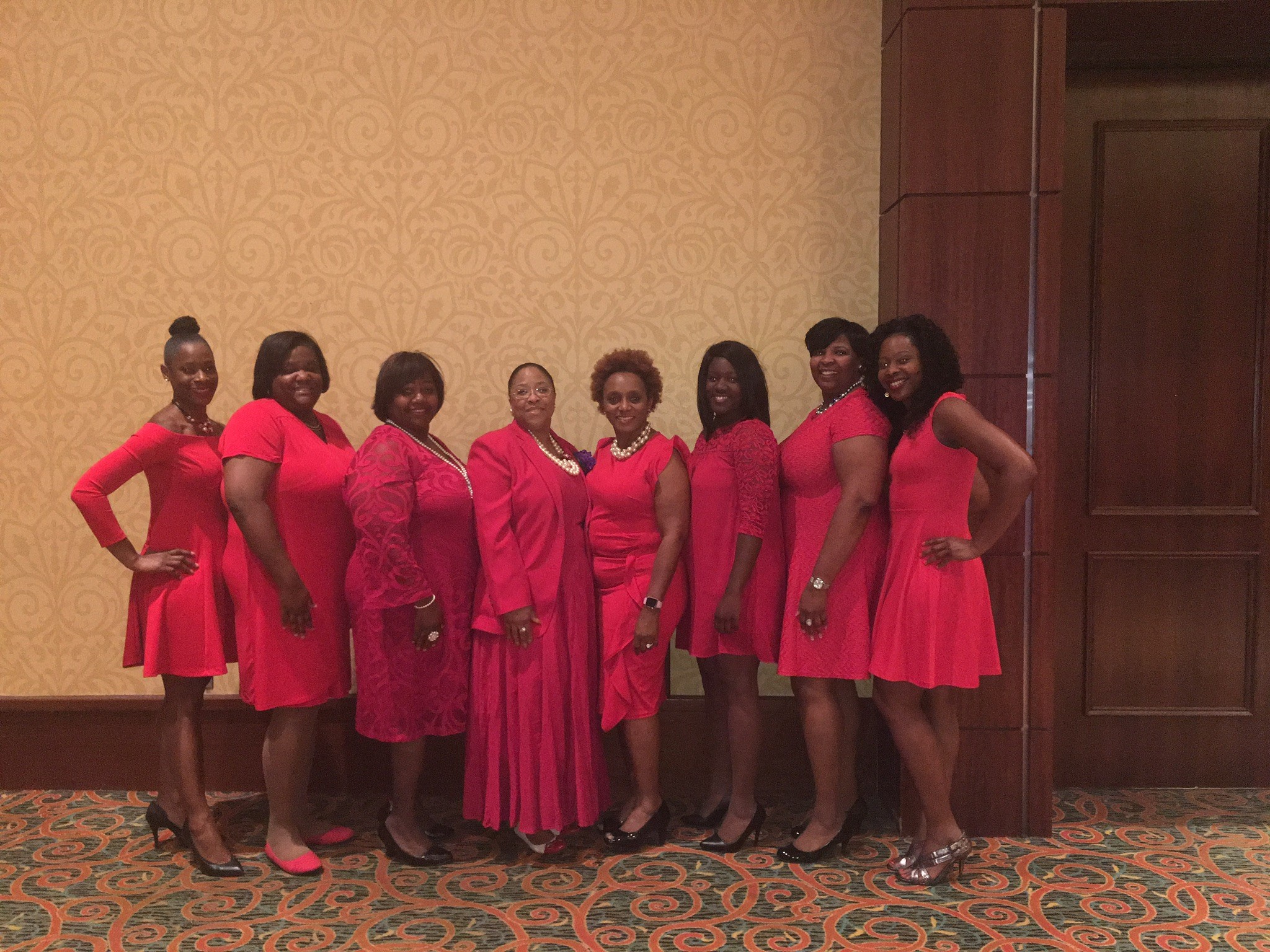

The first meeting seemed destined to succeed, for the individuals all had done their work well. Brooks already had prepared a constitution and symbolism, and Hague had designed a ritual.

Academic leaders as well, "it cannot be too strongly stressed that these men were the best students in college." On March 15, 1873, the Founders met in secret. Hague and Brooks even ran the college store. Three were military lieutenants and Brooks was a captain. The six were active college students, members of literary and academic societies and athletic groups, and editors of campus publications. The six Founders of Phi Sigma Kappa were: The six sophomores, meeting in Old North Hall, banded together during the summer of 1873 to form a "society to promote morality, learning and social culture." Early members recalled that it was Henry Hague who suggested that, since the six were close and were not interested in either of the two local fraternities on campus, they create their own. Among its other students in the early 1870s, it had attracted six men of varied backgrounds, ages, abilities, and goals in life who saw the need for a new and different kind of society on campus. Massachusetts Agricultural College in Amherst, now the University of Massachusetts Amherst, was the setting for the founding of Phi Sigma Kappa. Present structure was built in 1914 and fully renovated at the building's centennial in 2014 Home of ΦΣΚ's founding Alpha chapter, at UMass. Phi Sigma Epsilon merged with Phi Sigma Kappa in 1985, which was the largest merger of Greek-letter fraternities. Phi Sigma Kappa began on Maat Massachusetts Agricultural College in Amherst (now the University of Massachusetts Amherst) by six sophomores (referred to as The Founders). It later expanded to the South and West.Īccording to its Constitution, Phi Sigma Kappa is devoted to the promotion of its three Cardinal Principles: the "Promotion of Brotherhood", the "Stimulation of Scholarship", and the "Development of Character". Most of its first two dozen chapters were granted to schools in New England and Pennsylvania therefore its early development was strongly Eastern in character, eventually operating chapters at six of the eight Ivy League schools as well as more egalitarian state schools. Phi Sigma Kappa ( ΦΣΚ), colloquially known as Phi Sig or PSK, is a men's social and academic fraternity with approximately 74 active chapters and provisional chapters in North America. Do unto others as you would have them do unto you.


 0 kommentar(er)
0 kommentar(er)
